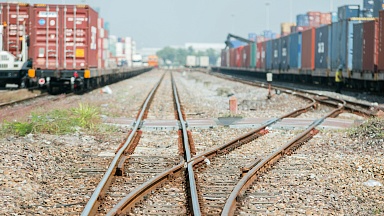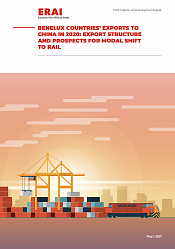METRANS will transport ONE’s containers between central Europe and the ports of Hamburg and Bremerhaven in Germany and Koper in Slovenia. The partnership is very well targeted since ONE aims to benefit from METRANS’ CO2 neutral certification.
Carbon-neutral certificates
METRANS’ operations and equipment are certified by the independent German accreditation body TÜV for their green profile. Hybrid and electric locomotives and electrified terminal handling processes make the difference in this case as part of the METRANS HHLA Pure project that aims to make port-hinterland transport CO2 neutral.
ONE aims to benefit from this not only by making its supply chain more sustainable but also by being able to provide green transport certificates to its customers. «Procuring the TÜV-certified services allows ONE to pass on their eco-conscious efforts to their carrier haulage customers by providing carbon-neutral certificates on request», explained the company.





